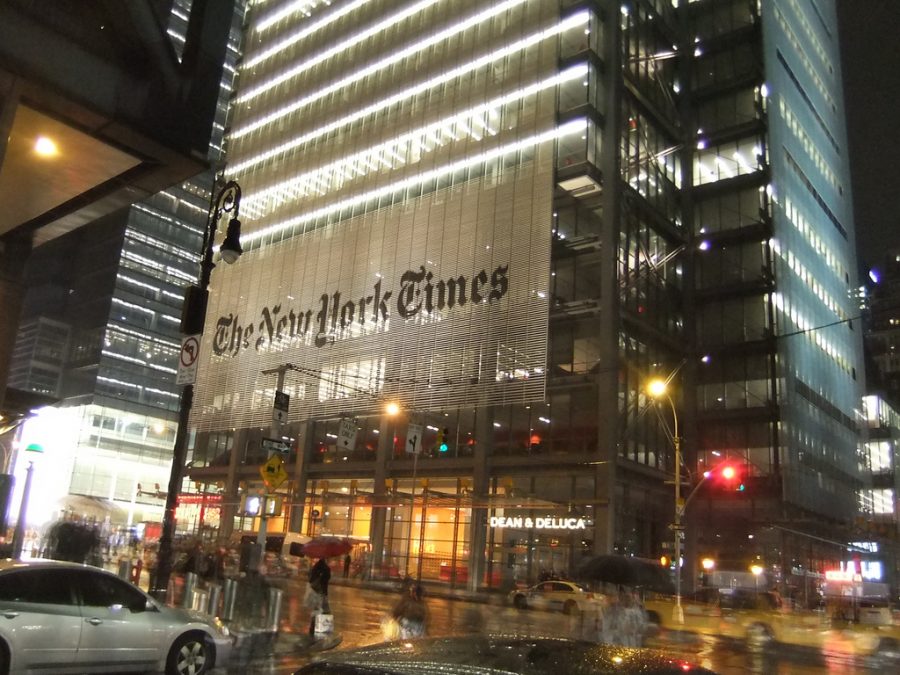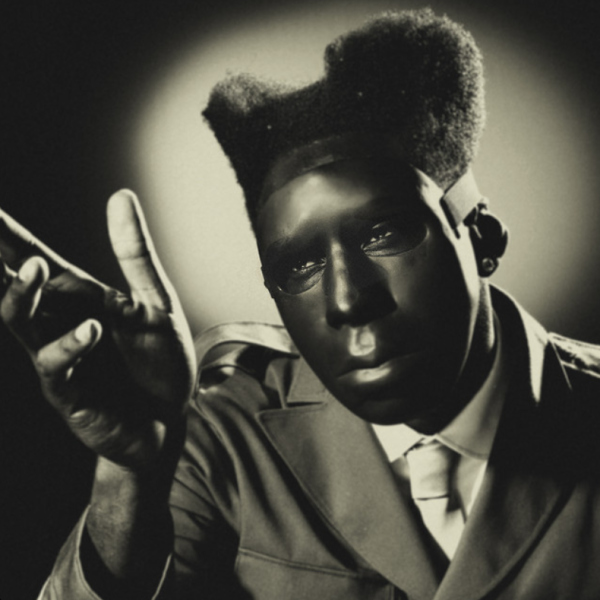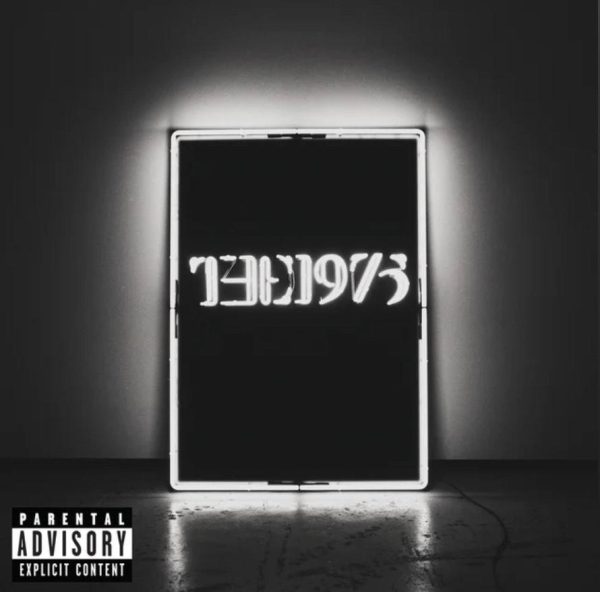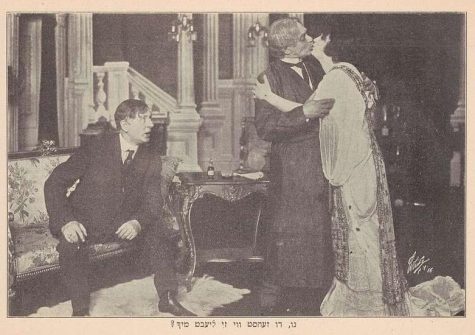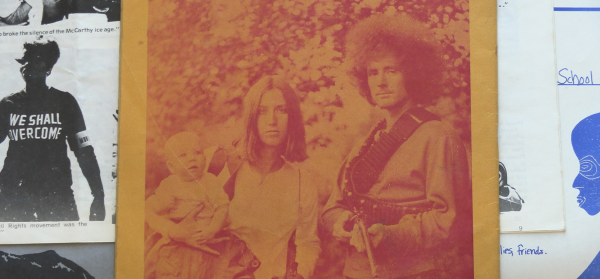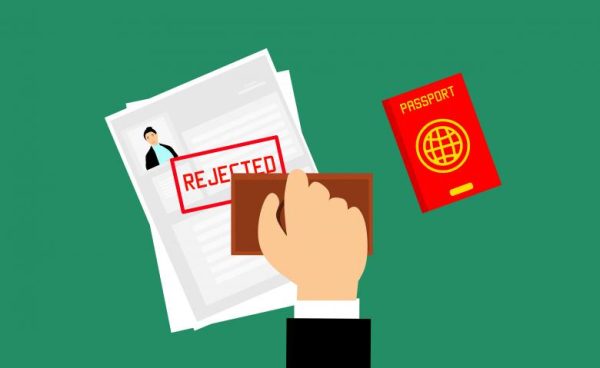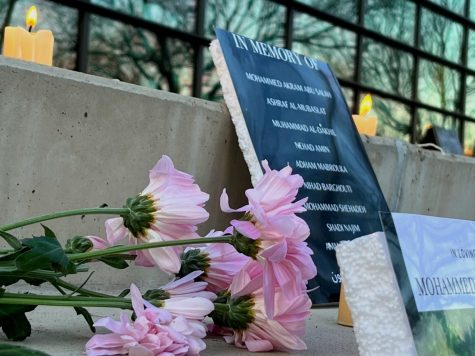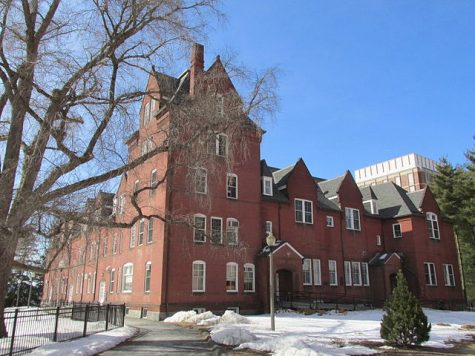Anonymous writing: treason or resistance?
Anonymous writing is not new to the publication world.
Authors have published books, plays and poems under pseudonyms or anonymously. A prominent example is Joanne Rowling (J.K. Rowling), who took on a more masculine name so her Harry Potter books would sell. Does Samuel Langhorne Clemens ring a bell? Probably not — because he published all of his works under the name Mark Twain.
So why is The New York Times anonymous op-ed piece a big deal? Because it mentions President Donald Trump.
On Sept. 5, the New York Times released an op-ed by an anonymous senior official in the White House. The piece went into detail about how some officials are working to monitor President Trump’s agenda.
The article reminds Americans that even though some senior White House officials are helping the Trump administration succeed, there are others who recognize that President Trump isn’t keeping the American people in his best interests.
The author states “[W]e believe our first duty is to this country, and the president continues to act in a manner that is detrimental to the health of our republic. The flip-flopping on major policy matters, erratic and impulsive decisions, and meetings in the oval office that often go awry are being handled. It may be cold comfort in this chaotic era, but Americans should know that there are adults in the room.”
After it was published, Trump responded with a one word tweet: “TREASON?”
TREASON?
— Donald J. Trump (@realDonaldTrump) September 5, 2018
Critics questioned the legitimacy of the article, and whether it was just a media stunt to ease tensions in the nation. If it is, it wouldn’t be surprising. President Trump has mastered the art of being constantly being in the spotlight. Since the beginning of his presidential campaign, a day without Trump in the headlines has been rare.
During his campaign, Trump garnered a lot of free press. The Daily News posted “Clown Runs for Prez” after Trump entered the presidential race. The Street reported that Trump earned nearly $5 billion in free media coverage throughout the election cycle — that’s more than his top five opponents (Hillary Clinton, Bernie Sanders, Ted Cruz, Paul Ryan, and Marco Rubio) combined.
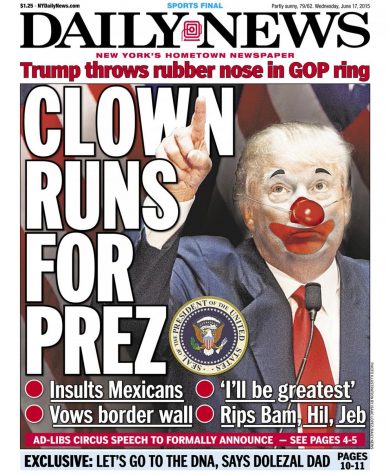
So is the anonymous op-ed just more free press for Trump, or is someone really trying to sabotage his administration from the inside?
“Meetings with [Trump] veer off topic and off the rails, he engages in repetitive rants, and his impulsiveness results in half-baked, ill-informed and occasionally reckless decisions that have to be walked back,” the article states.
The New York Times should not be obligated to reveal the name of the anonymous author. Freedom of the press is protected under the First Amendment. If the New York Times were to give up the name of the author, what type of precedent would that set for other anonymous sources? If people weren’t able to speak their minds or express their feelings in America, it wouldn’t be the home of the brave and the land of the free.
If the writer were to reveal their name, they’d face numerous risks, including the loss of their job or the wrath of Trump.
By writing anonymously, the author is able to keep their position as a senior official in the White House and continue their “resistance” from the inside. I find comfort in the fact that there is someone on the people’s side in an influential position of power. I trust The New York Times, just like the generation before me trusted The Washington Post with the Watergate scandal, which led to Richard Nixon’s resignation in 1974.
Could this be the Watergate scandal of the Trump era? Possibly. The op-ed could mark the beginning of more transparency in the Administration.
Anonymous writing has been an accepted form for hundreds of years. This White House official should be honored for their courage, and I admire their work in the “resistance.”
Email Amelia at [email protected].

